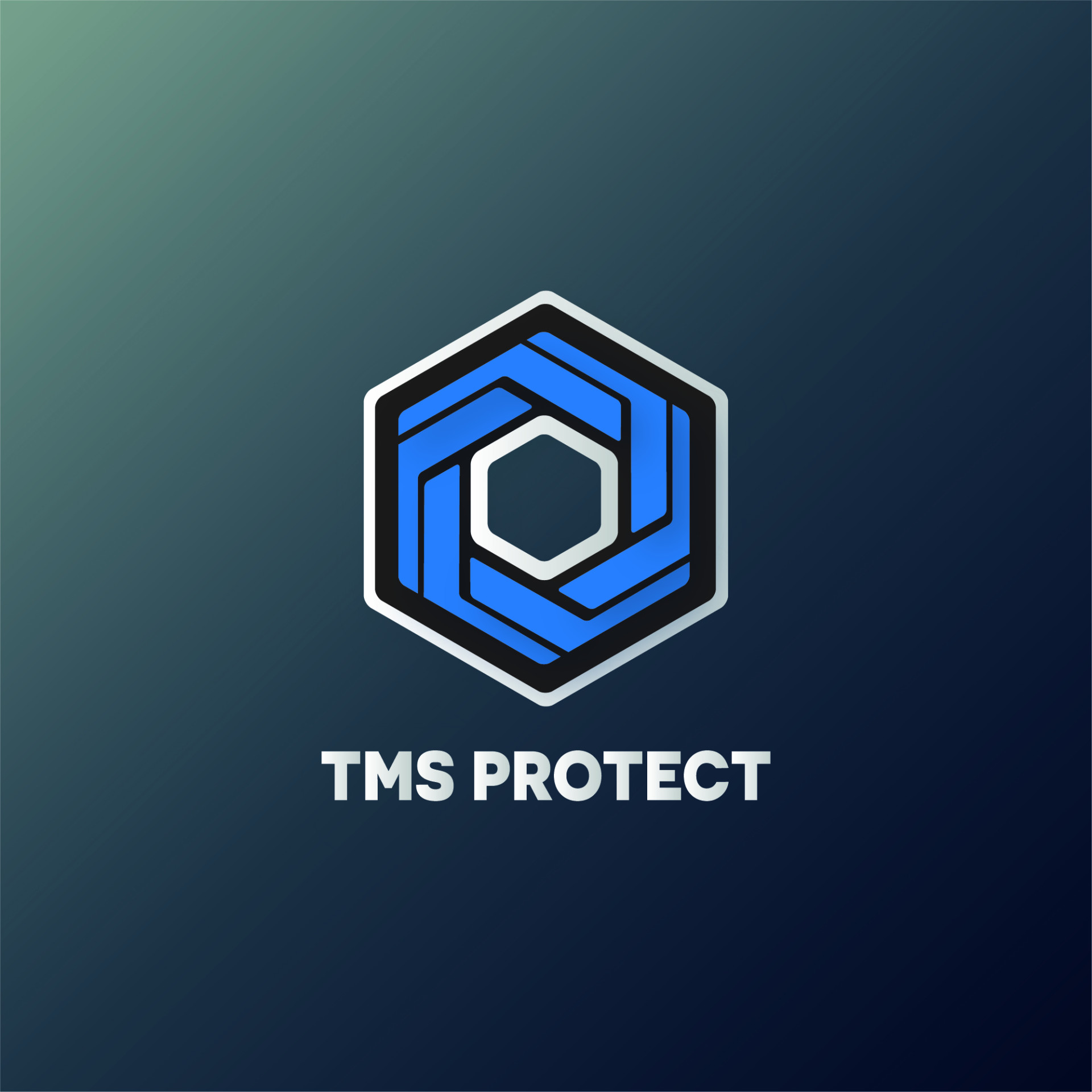R&R – RESPONSE TEAMS
Please pay close attention to the brief, where all site-specific criteria pertaining to your position and role will be communicated to you. It is essential for security personnel to be conversant with the specific policies and procedures applicable to them.
As is the case with all security positions, you are expected to have completed your employee induction, which includes, but is not limited to; conflict management, customer service, counter-terrorism, collaboration, diversity and inclusion. You should also ensure that you are aware of the dress code and have completed the checklist to ensure that you are fully prepared for work in this environment that is constantly changing.
Security staff working in response teams at large-scale events play a crucial role in maintaining safety, responding to incidents, and ensuring the smooth operation of security measures. Their roles and responsibilities may include the following:
- Incident response: Security staff in response teams should be prepared to respond swiftly and effectively to various incidents that may occur during large-scale events. This includes handling emergencies, managing crowd control situations, and addressing security breaches. They should follow established protocols to mitigate risks, provide immediate assistance to individuals in need, and coordinate with emergency services if required.
- Crowd management: Managing crowds at large-scale events is a key responsibility of security staff in response teams. They should monitor crowd movements, identify potential safety hazards or overcrowding situations, and take proactive measures to maintain order and ensure the safety of attendees. This may involve directing crowd flow, managing queues, and communicating instructions to the crowd when necessary.
- Security patrols and surveillance: Security staff should conduct regular patrols throughout the event venue to detect any suspicious activities, security breaches, or safety concerns. They should be vigilant in observing for unauthorised access, potential threats, or illegal activities. Utilising surveillance systems, such as CCTV cameras, they should monitor the venue and promptly report any incidents or security breaches.
- First aid and medical assistance: Security staff in response teams should be trained in first aid and emergency medical procedures. They should provide immediate assistance to individuals who require medical attention, administer first aid when necessary, and coordinate with medical personnel or emergency services as needed. They should also be responsible for maintaining and restocking first aid supplies and equipment.
- Communication and coordination: Effective communication and coordination are essential for security staff in response teams. They should maintain constant communication with team members, event organizers, emergency services, and other relevant personnel. This includes sharing information, providing updates on incidents, and requesting additional support or resources when required. Collaborating with other security team members ensures a coordinated and efficient response to incidents.
- Access control and perimeter security: Security staff should enforce access control measures and maintain perimeter security at large-scale events. They should verify credentials, control entry and exit points, and ensure that only authorised personnel have access to restricted areas. They should also be vigilant in identifying and addressing any breaches or attempts to circumvent security measures.
- Documentation and reporting: Security staff in response teams should maintain accurate records and documentation of incidents, responses, and any relevant observations during the event. This includes documenting incident details, collecting witness statements, and preparing incident reports. Proper documentation is essential for post-event evaluation, analysis, and compliance purposes.
- Training and preparedness: Security staff in response teams should undergo regular training and preparedness exercises to enhance their skills and readiness. This includes training in emergency response procedures, crowd management techniques, conflict resolution, and first aid. They should stay updated on relevant security best practices, industry standards, and regulatory requirements.
Remember, the specific roles and responsibilities for security staff in response teams may vary depending on the nature of the event, venue, and specific security requirements. It is important for security staff to familiarise themselves with the specific protocols, procedures, and expectations applicable to their work environment and event type.

